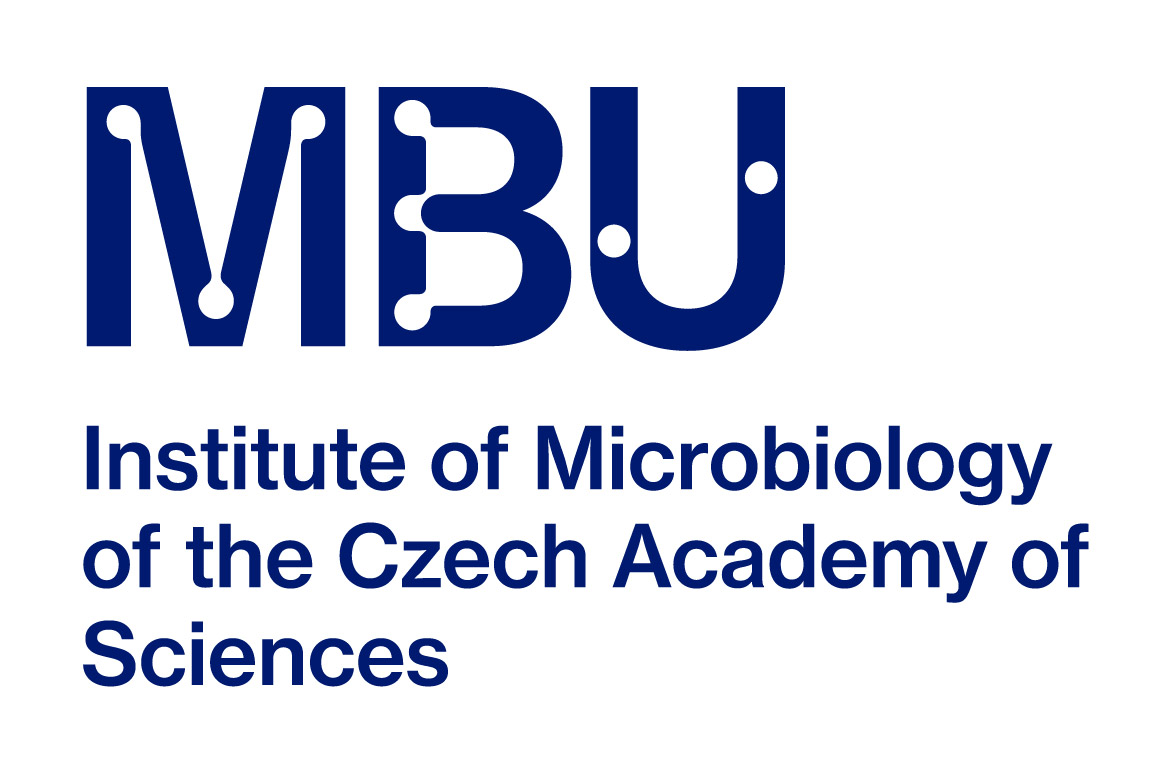Various biological activities of the compounds isolated or synthesized in our laboratory were researched in cooperation with our partners: Optical and acido-basic properties of quercetin and its analogues (Biler 2017) and the potential of flavonolignans as a novel class of sodium pump inhibitors (Kubala 2016) were studied in cooperation with the Faculty of Science, Palacký University, Olomouc. Chelation of flavonoids with iron or copper (Catapano 2017, Tvrdý 2018) and the effect of the flavonolignans and their sulfated conjugates on platelet aggregation and blood vessels (Pourová 2019) were investigated in the frame of our joint project with the Faculty of Pharmacy of the Charles University in Hradec Králové. The effect on bilirubin concentrations in mice (Šuk 2019) is the main finding stemming from our collaboration with the 1st Faculty of Medicine of the Charles University in Prague. Antioxidant, anti-inflammatory, and multidrug resistance modulation activity of silychristin derivatives (Viktorová 2019) was studied in cooperation with the University of Chemistry and Technology in Prague. 2,3-Dehydrosilybin A/B was found to act as a pro-longevity and anti-aggregation compound (Filippopoulou 2017) and both silybin and its 2,3-dehydro-derivative inhibited basal cell carcinoma growth via suppression of mitogenic signaling and transcription factors activation (Tilley 2016). High in vitro activity of flavonolignans against Leishmania infantum and L. donovani was uncovered for 2,3-dehydroisosilybin A and 2,3-dehydrosilybin A and B (Olías-Molero 2018). The collaboration with the Faculty of Medicine and Dentistry of the Palacký University in Olomouc focused in last years on the redox properties of individual moieties in quercetin structure (Heřmánková 2019), the effect of flavonolignans on Nrf2 activation and regulation of related genes (Roubalová 2017) and on the dermal delivery and skin protective activity of silymarin and its flavonolignans (Kosina 2019, Vostálová 2019).


 Doc.RNDr. Pavla Bojarová, Ph.D.
Doc.RNDr. Pavla Bojarová, Ph.D.